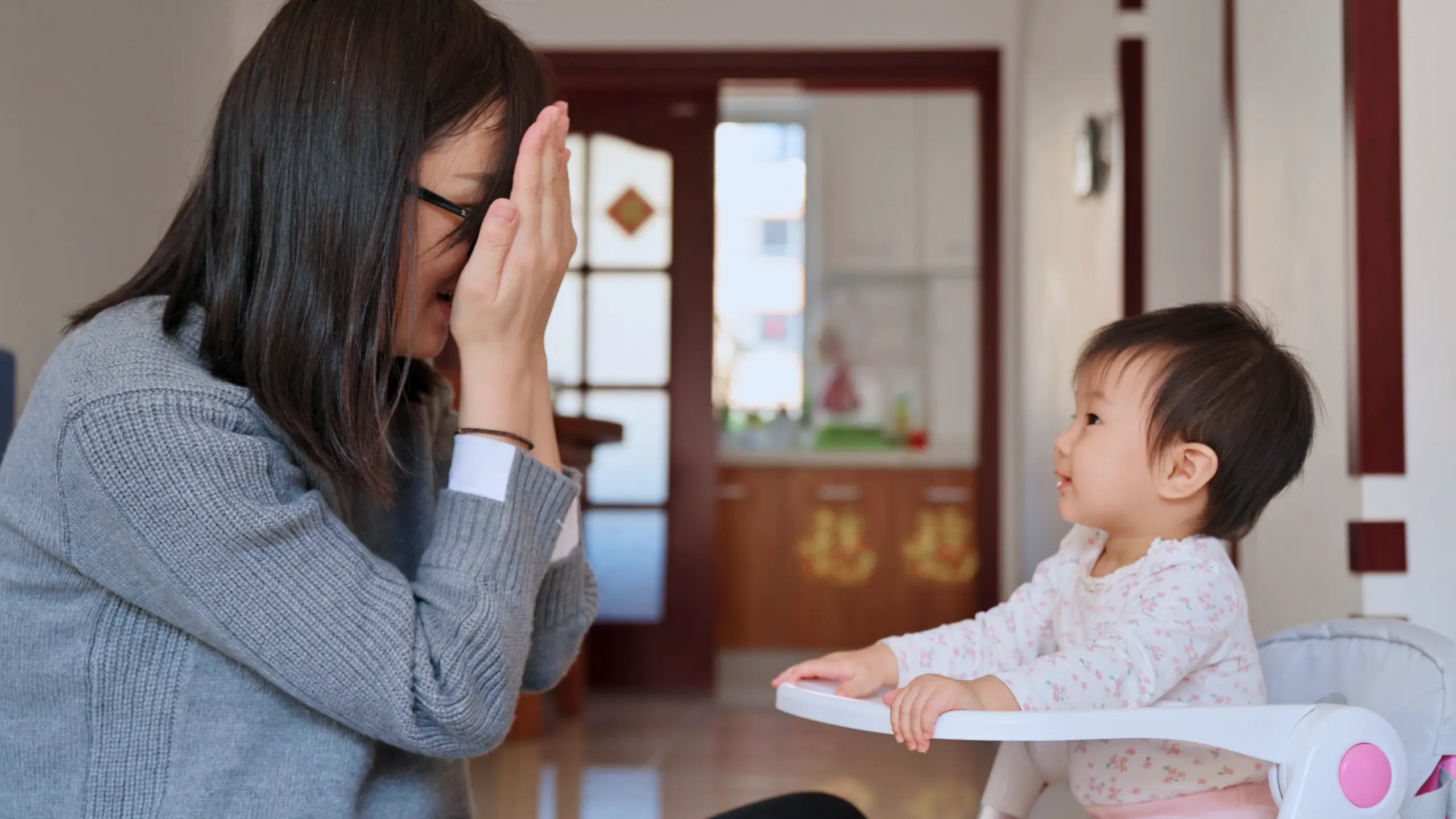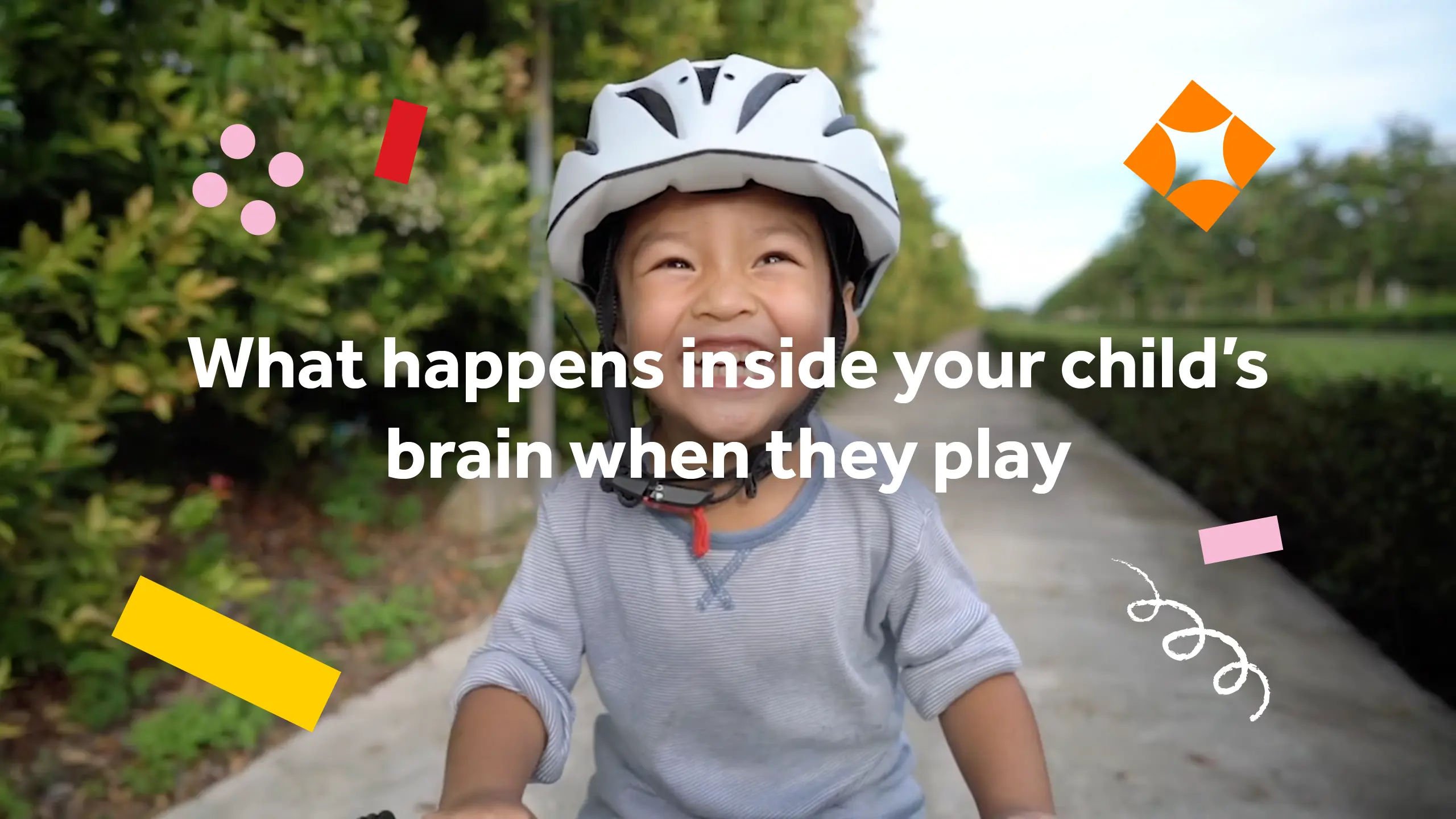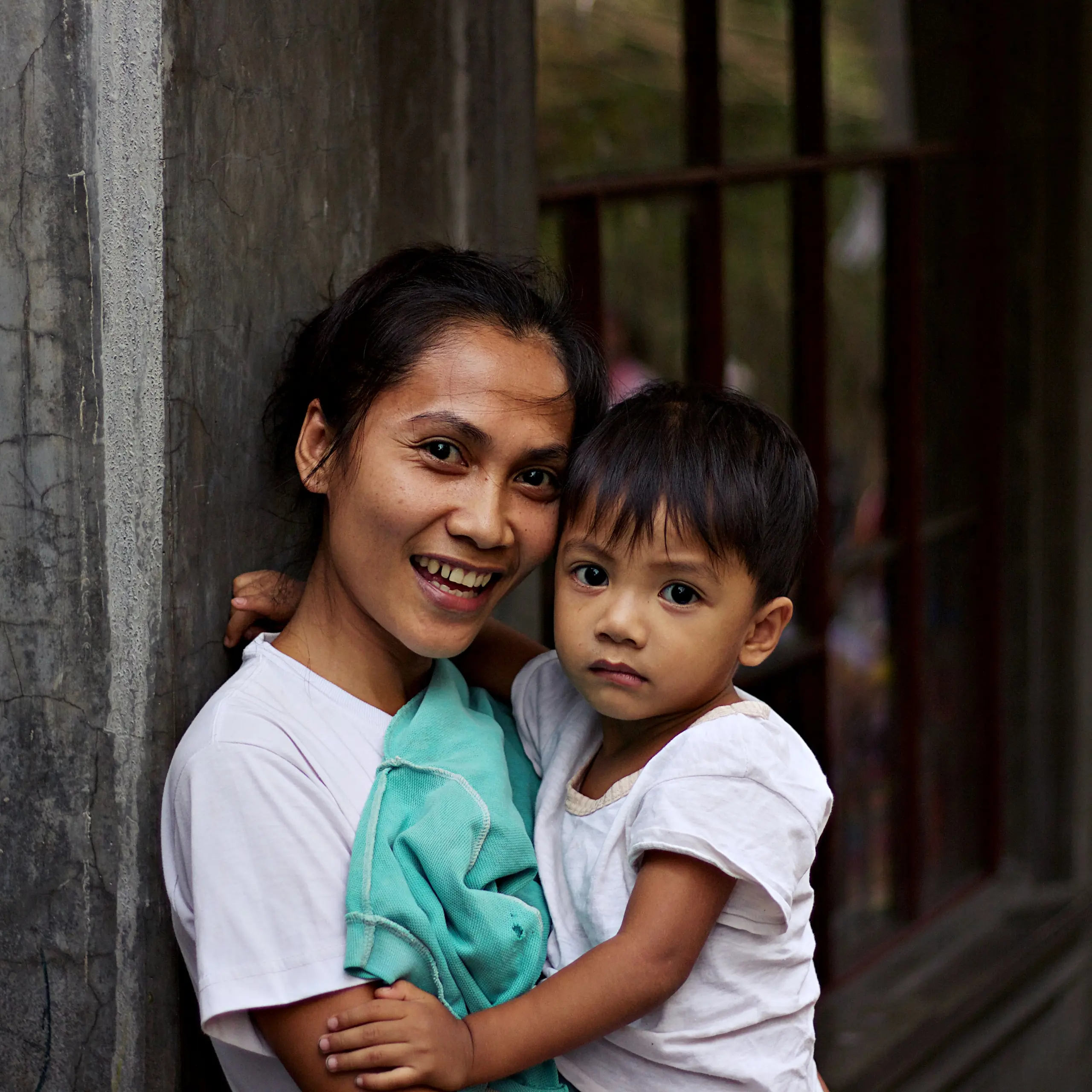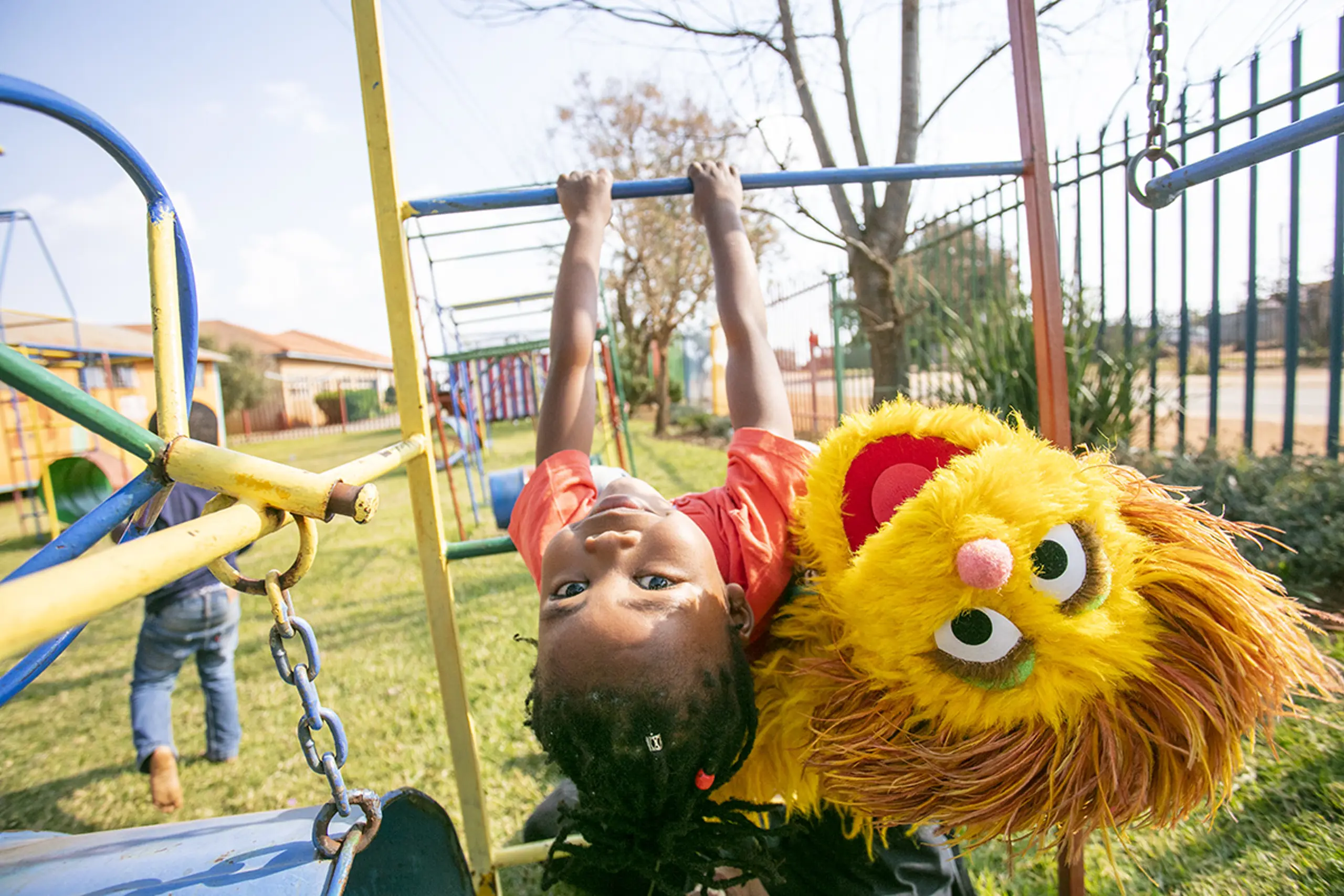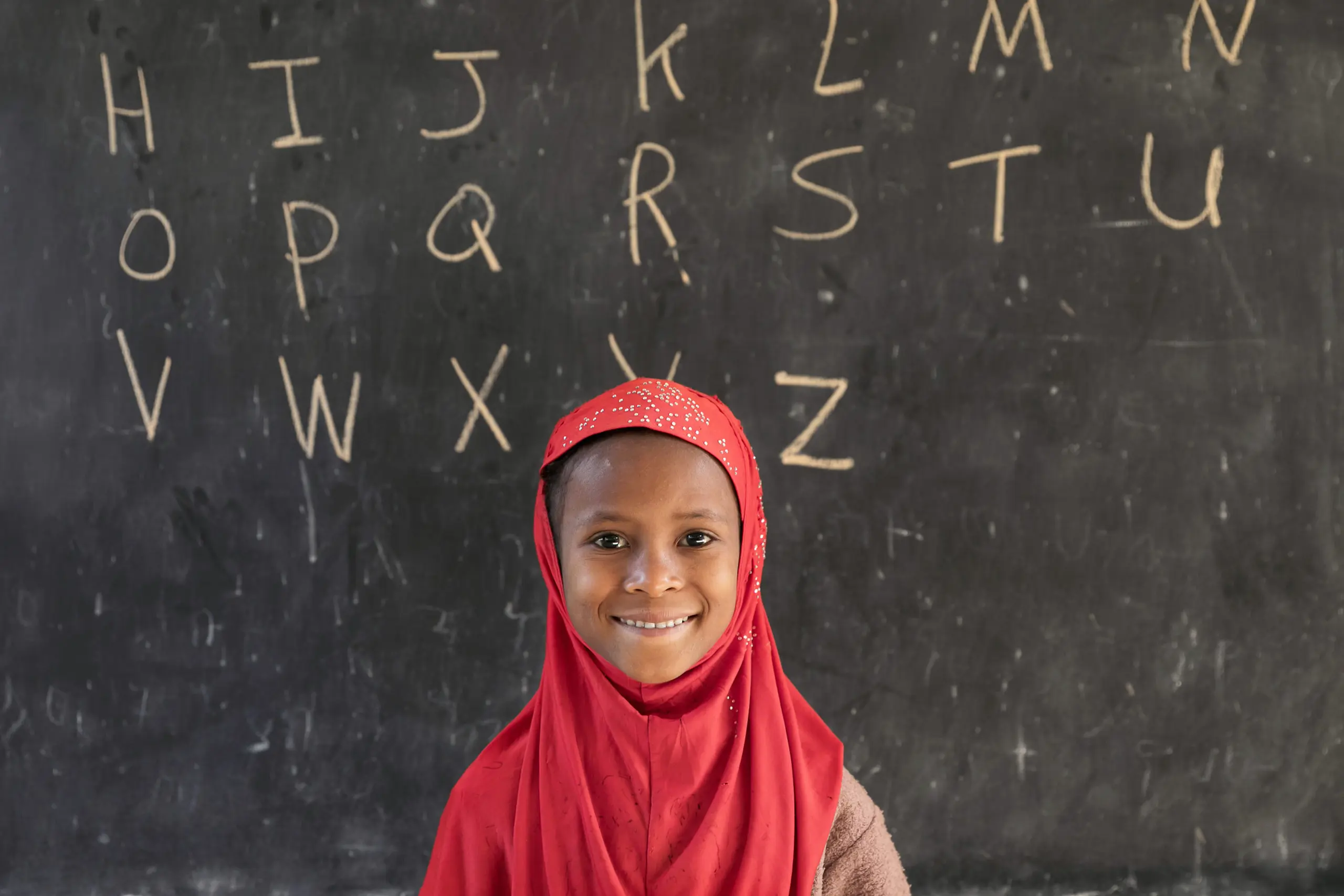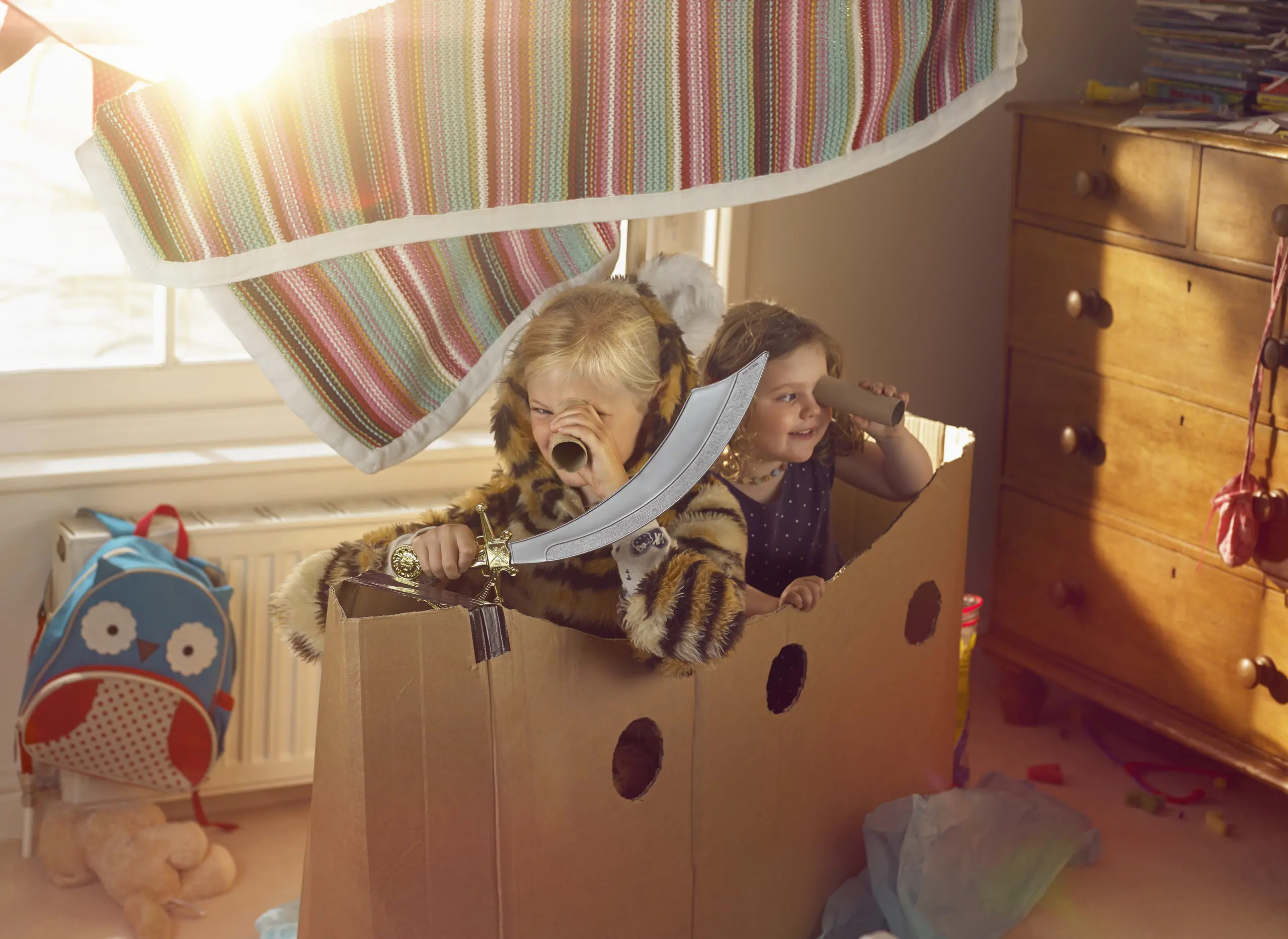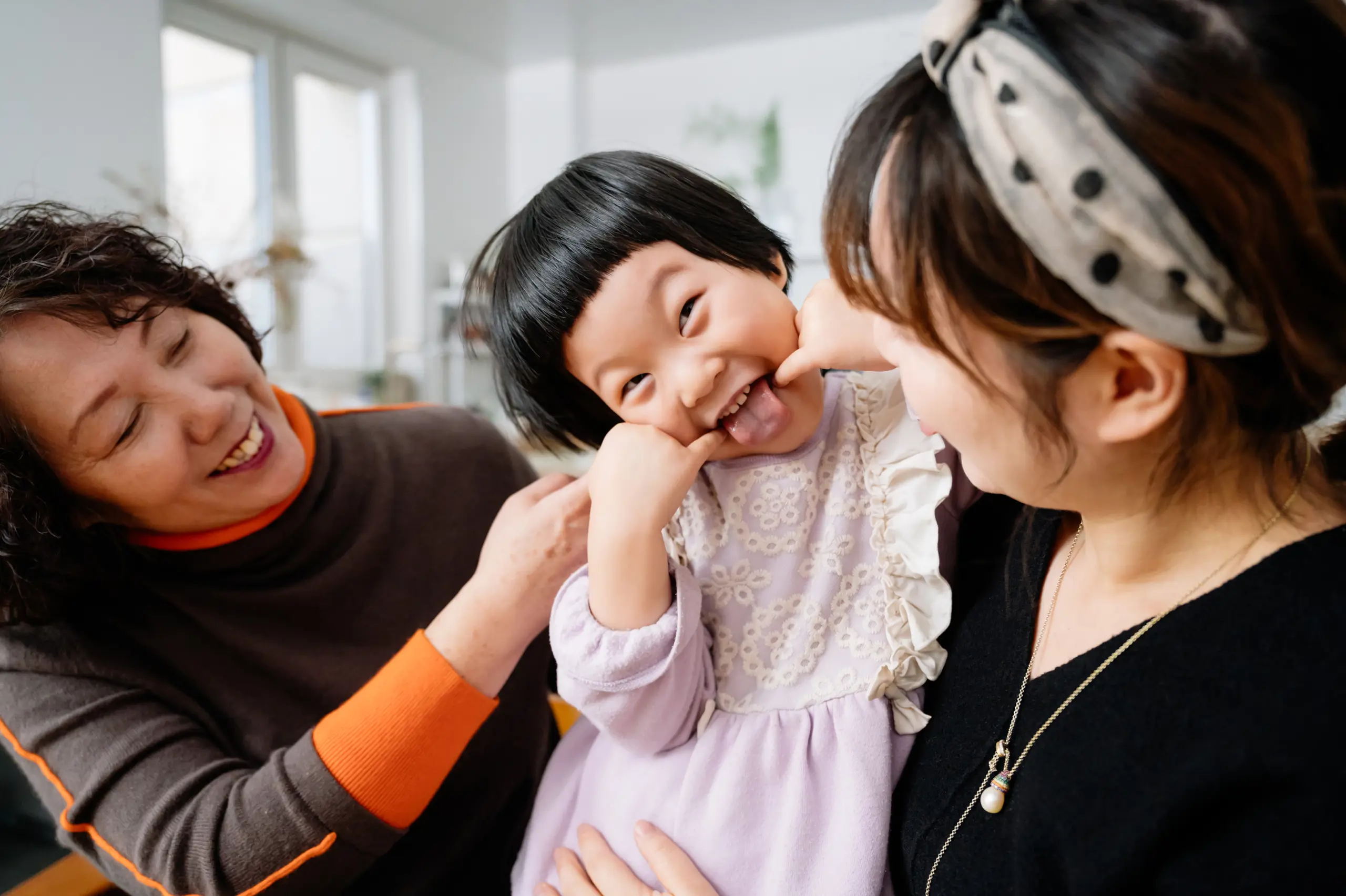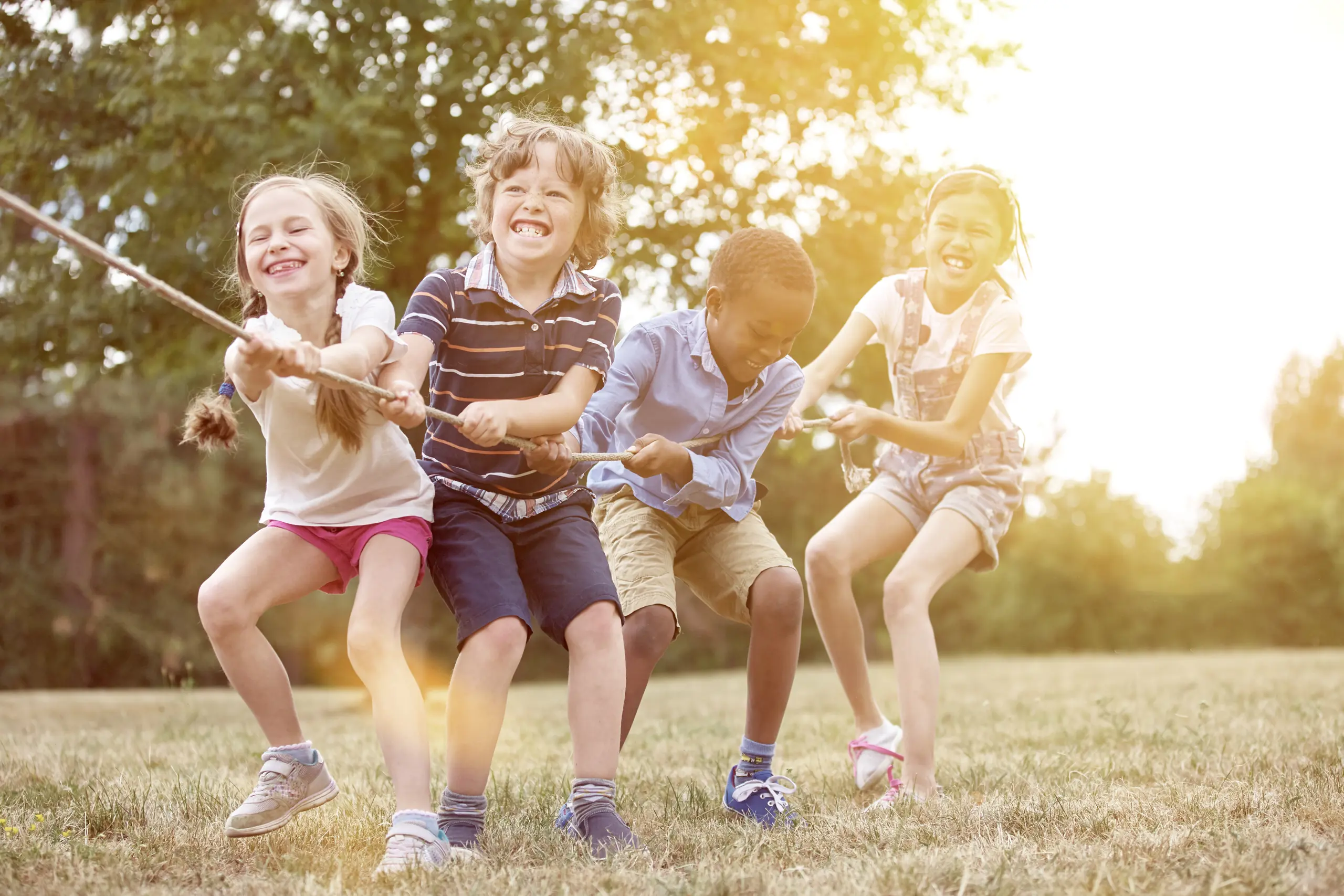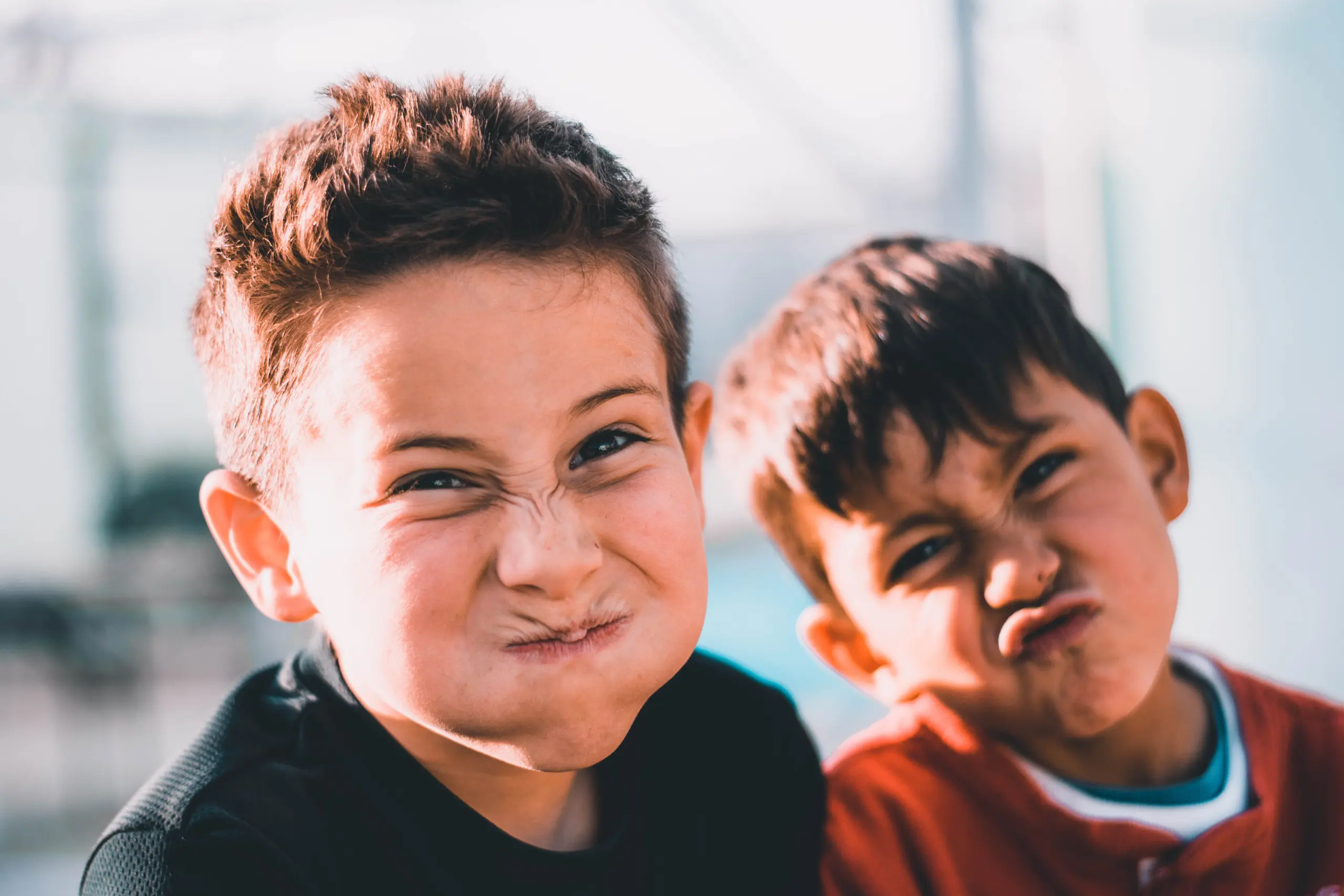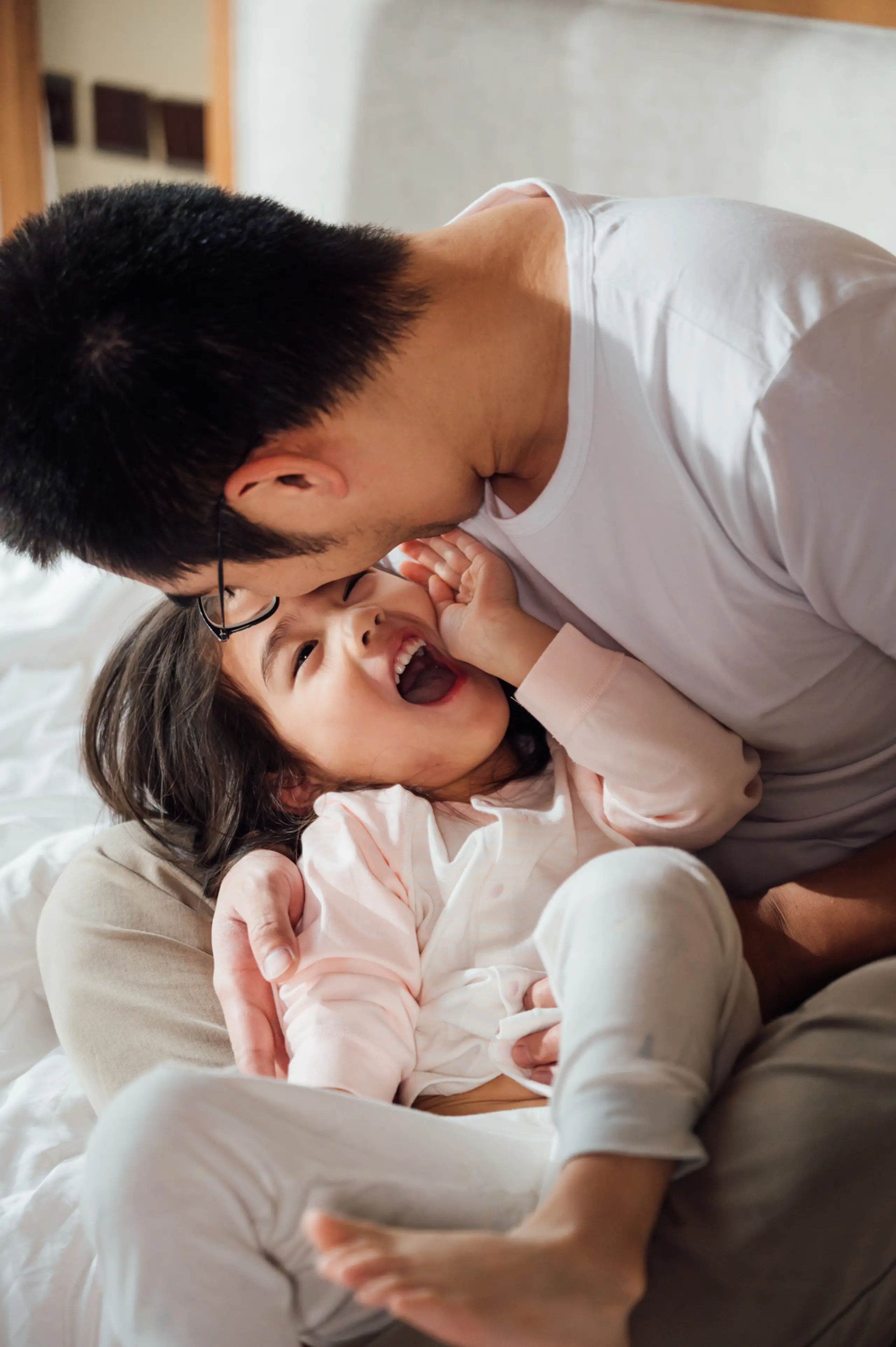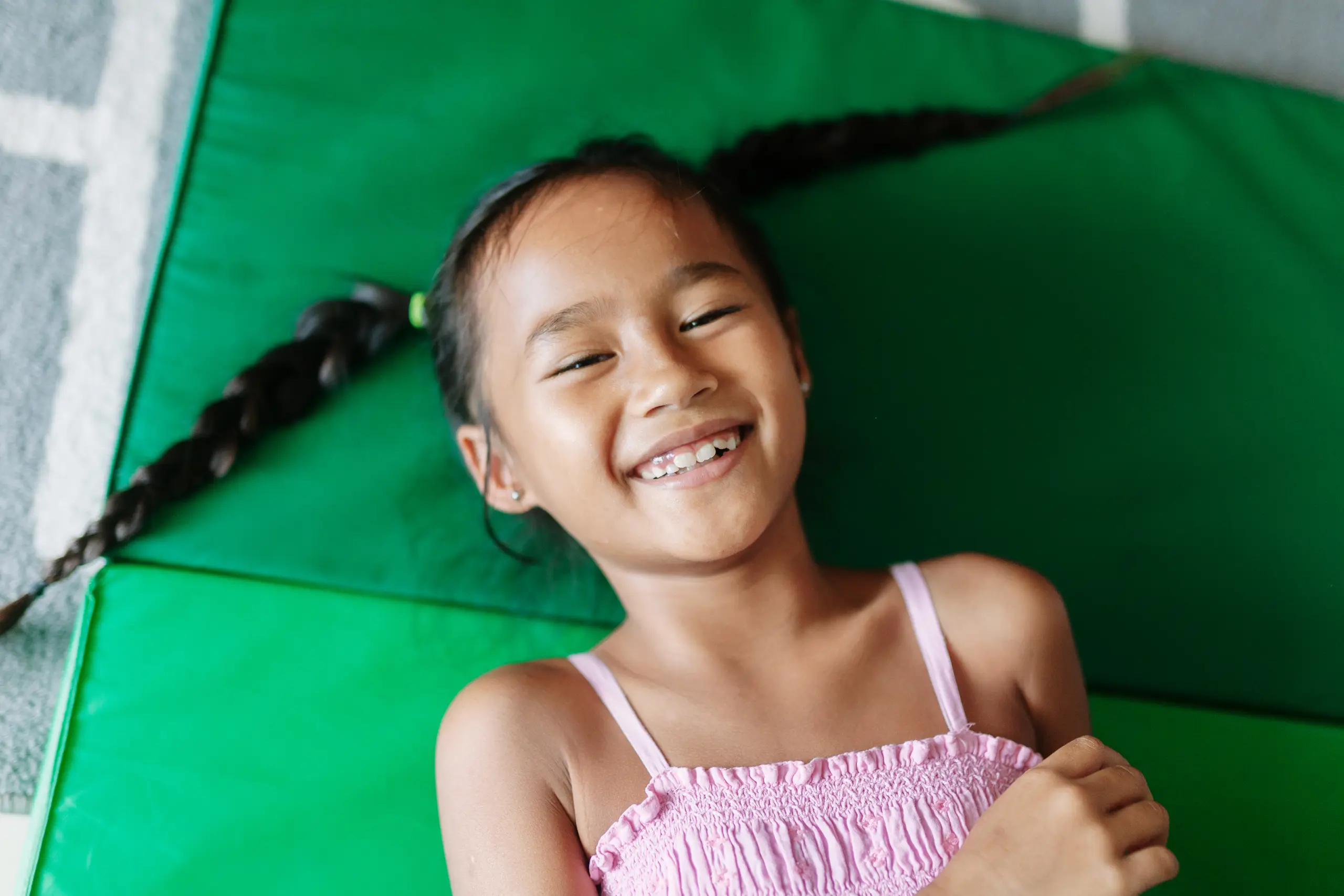90 years of insight have taught us play is a powerful tool
Play is how children naturally learn and develop. It’s what they use to make sense of the world – in turn, creating new structures and patterns in their brains. And it’s how they relate to others, making play a vital part of their long-term health and wellbeing.
For the LEGO ® brand’s 90th anniversary we want to make sure that more children grow up in safe, nurturing, and stimulating environments – a world of play, where they have everything they need to thrive.
